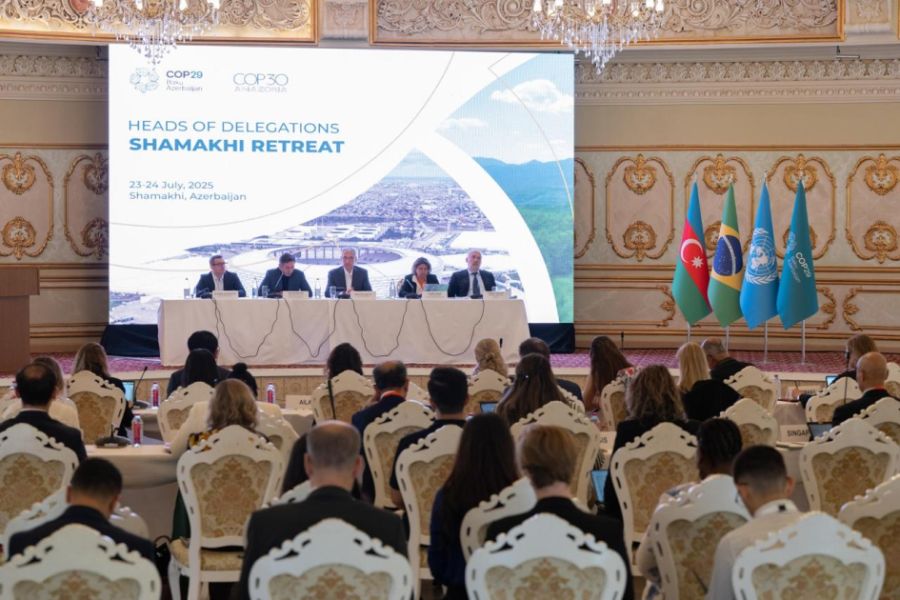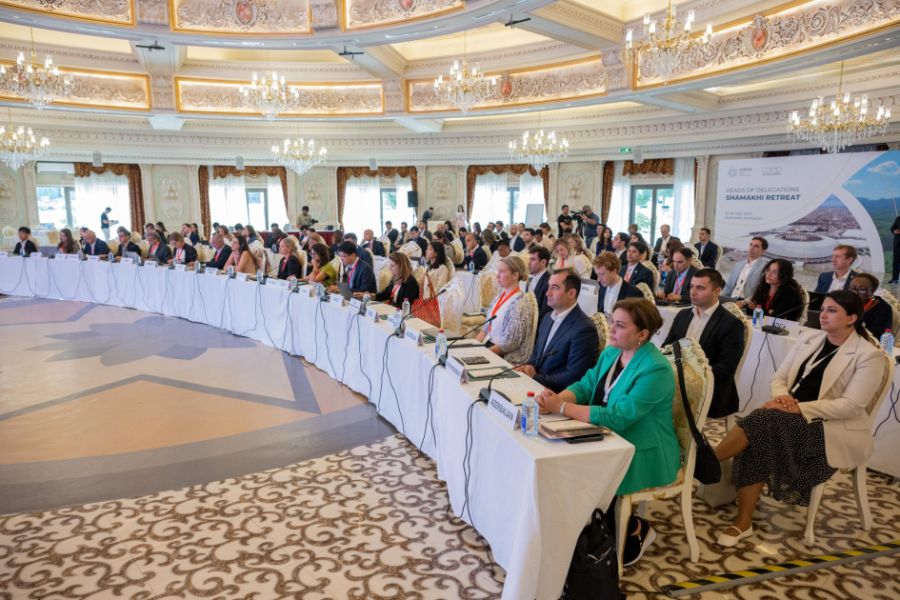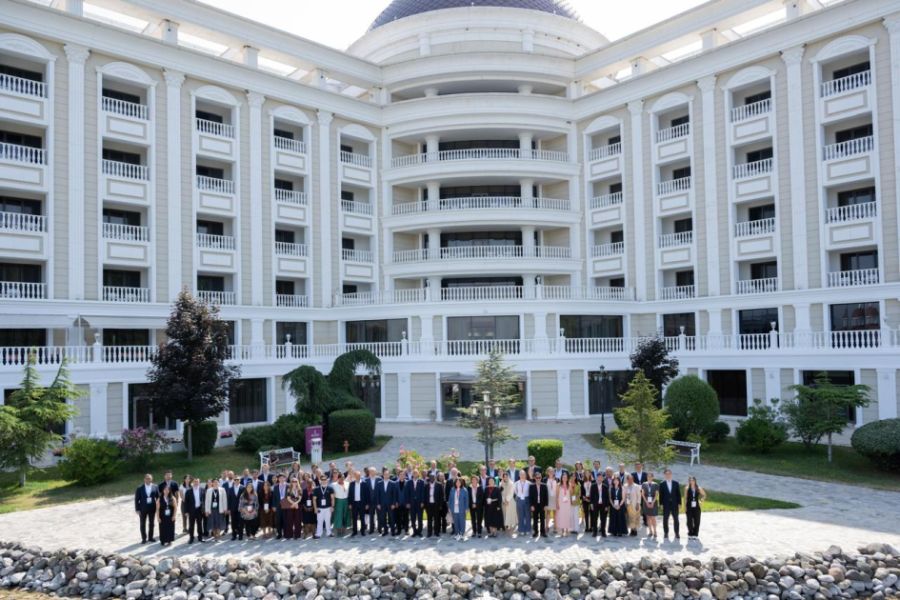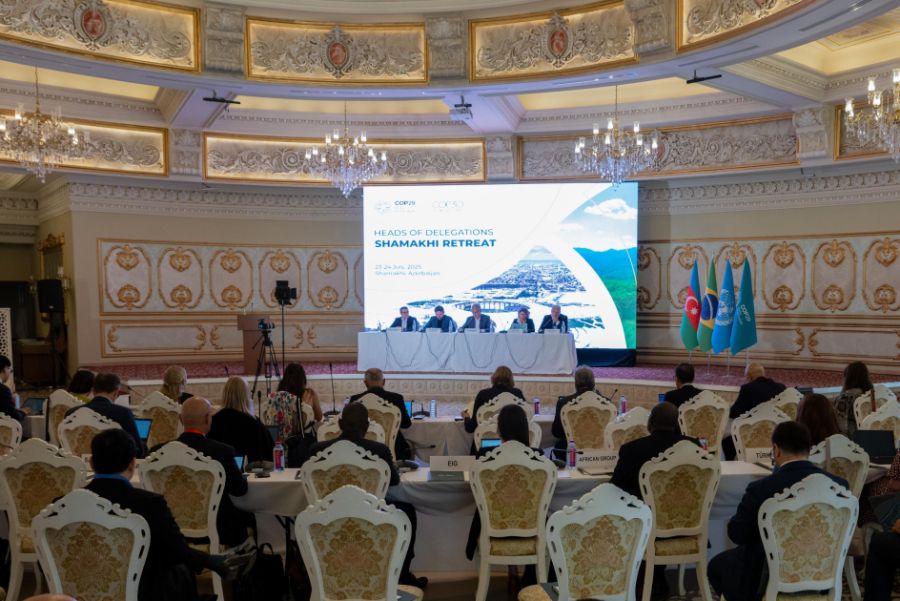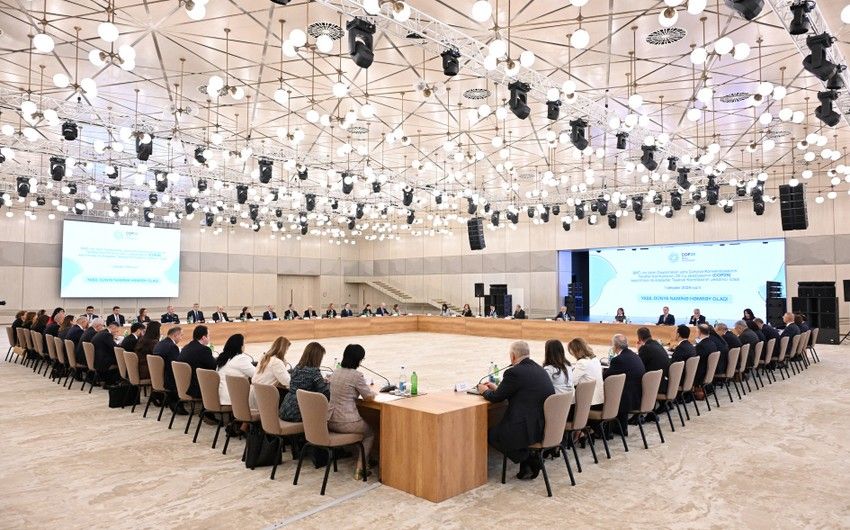Informal meeting of heads of COP delegations begins in Shamakhi
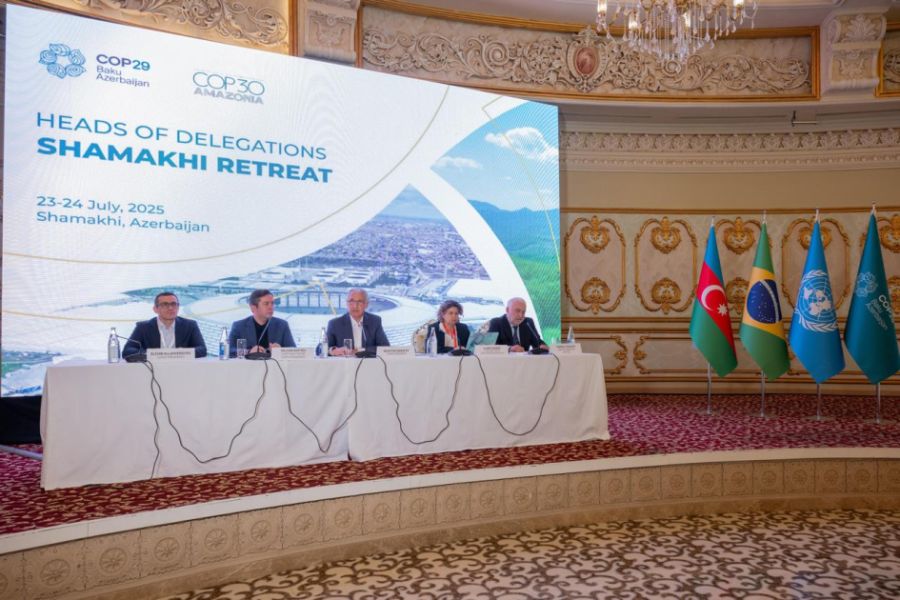
An informal meeting of heads of delegations from countries party to the United Nations Framework Convention on Climate Change (UNFCCC) has kicked off in Shamakhi, Azerbaijan.
The gathering brings together representatives and negotiation groups from around 40 countries. It is considered a key opportunity to reaffirm commitment to the goals of the Paris Agreement and strengthen multilateral cooperation ahead of the upcoming COP30 Climate Summit - building on the outcomes of COP29 and the first Global Stocktake.
This is the second informal meeting of foreign delegations under the COP29 Presidency, offering an inclusive platform for open discussions among negotiators, diplomats, and negotiation group members. The Shamakhi meeting is expected to lay a solid foundation for the adoption of the New Collective Quantified Goal (NCQG) - a major outcome of COP29, particularly in boosting climate finance support.
Experts stress that the focus in the coming years should shift to practical implementation, trust-building, and accelerating action across all pillars of the Paris Agreement. Co-organized by the COP29 and COP30 presidencies, the high-level gathering in Shamakhi reflects this shared vision.
Held in an informal format, the meeting facilitates candid and results-driven exchanges among senior delegates. Key goals include assessing the current political landscape, narrowing gaps between positions and proposals, and charting a common roadmap toward a successful outcome at COP30 in Belém.
The recent Bonn sessions underscored both challenges and opportunities in climate negotiations. In this context, the Shamakhi meeting aims to enhance strategic dialogue outside formal talks, deepen collaboration, and reinforce trust among parties to ensure tangible outcomes in the months ahead.
Special thematic sessions titled “Climate Labs” will focus on pressing issues such as the “Baku to Belém Roadmap to 1.3T,” adaptation, loss and damage, just transition, technology, and more.
Looking ahead to COP30, the priority is not only to adopt new agreements but to ensure the credible protection of the planet’s climate future - expanding financial flows, sharing technologies, and supporting a just transition.
Launched by the COP29 Presidency, this informal platform marks an important step toward strengthening mutual understanding and coordination.
It is worth noting that the “Baku to Belém Roadmap to 1.3T” outlines concrete, action-driven steps to scale up climate finance to at least $1.3 trillion annually for developing countries. While challenges to scaling finance are widely recognized, the roadmap calls for a clearer articulation of parties’ near- and mid-term actions. Over two days, the COP29 and COP30 presidencies will work to prioritize key elements in shaping this roadmap.




